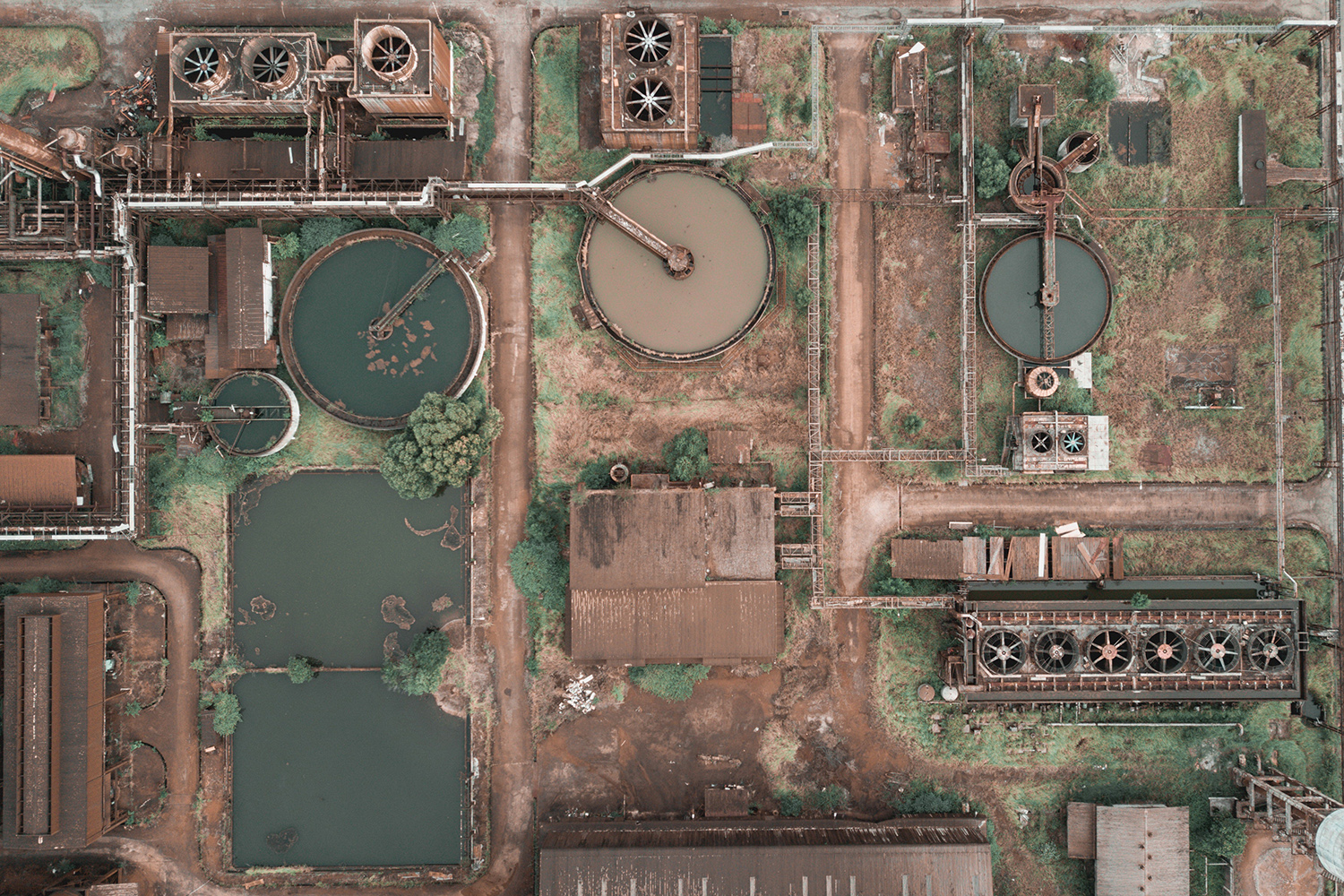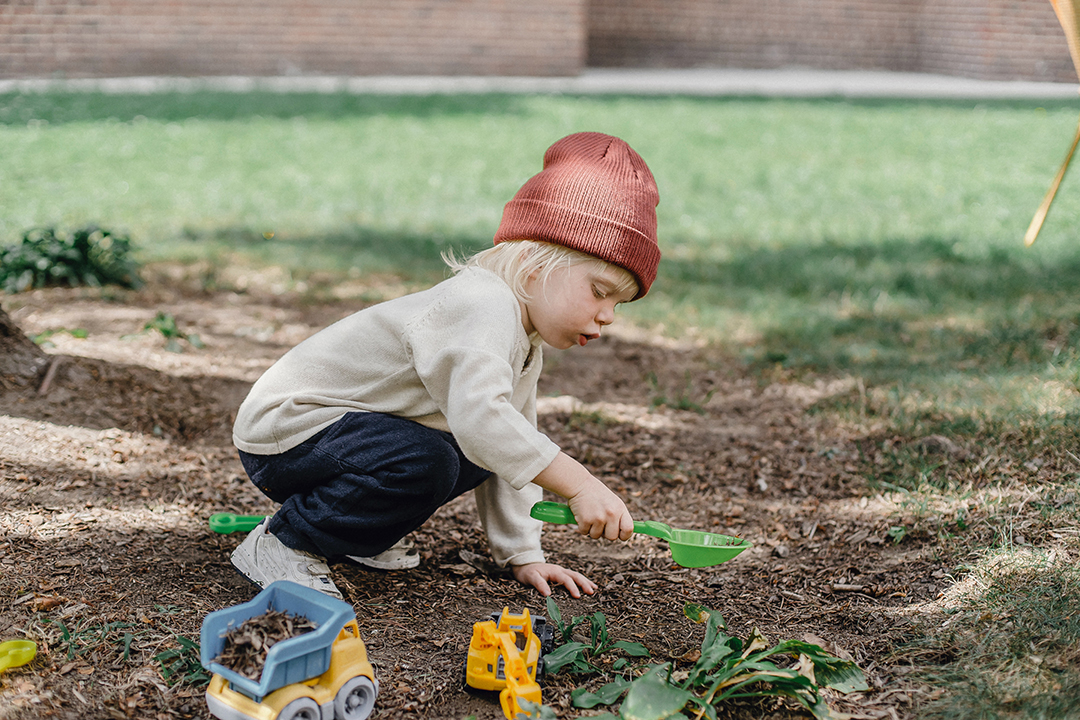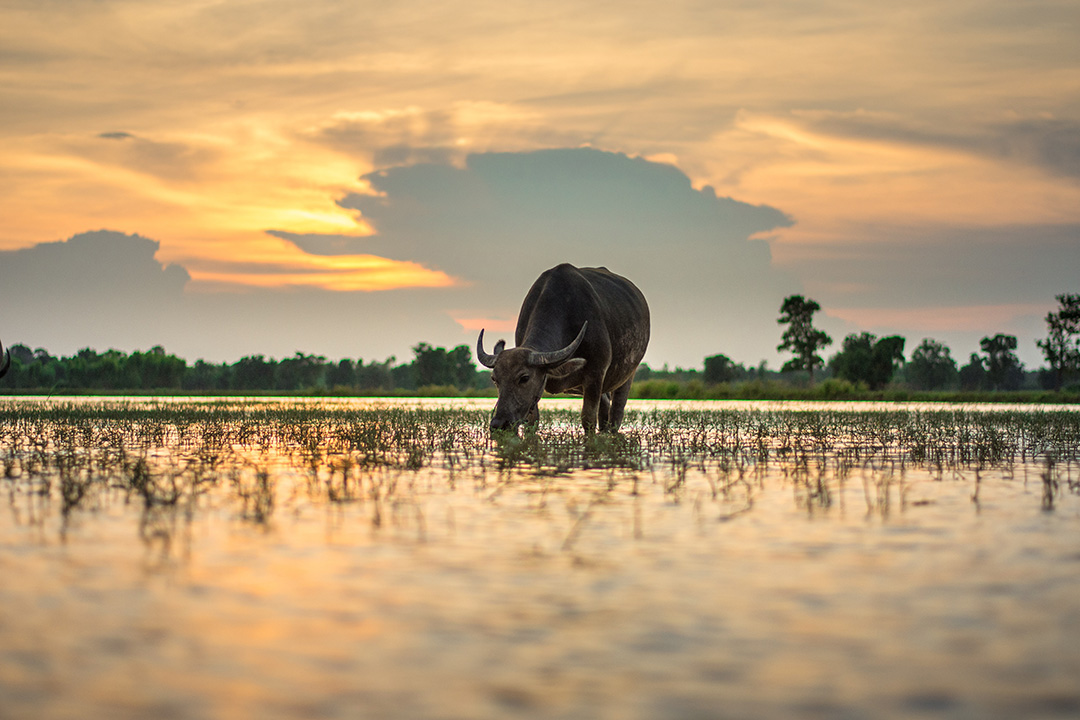Sustainable Development
Everybody talks about sustainable development. Everything should become greener and cleaner and better! But what does sustainability actually mean? How sustainable are we already? And what are practical approaches? What can each of us do?
Jochen Dallmer
If all people lived as they do on average in Germany and Slovenia, we would even need three planets! But as we know, we only have one, so the problem becomes obvious!
What is sustainable development?
Sustainable development has been a guiding principle of politics for many years. The classic definition is: “Sustainable development is development that meets the needs of the present without compromising the ability of future generations to meet their own needs.”
This describes the insight that a limited planet offers only limited resources and that these should be used carefully and distributed fairly. On the one hand, this is about the resources that are available and non-renewable, and must therefore be used carefully so that they are also available to future generations. On the other hand, it’s about the environmental burdens that result from the use of resources, because in this respect, too, planet Earth has only a limited capacity to absorb any pollution. This is most evident in the case of climate change, which is caused by the emissions we produce by burning oil, coal and gas. If these limits are exceeded, the system is affected and the climate will change with serious consequences for nature and people.
Originally, the concept often related to future generations. Since then, there has been a lot of talk about sustainability, but not quite as much concrete action. In the meantime, such a serious development is becoming apparent that even today's generations will still experience the effects of non-sustainable lifestyles: climate change has enormous consequences for entire regions. Increasing periods of heat and drought lead to more forest fires and crop failures. Increased severe storms lead to flooding. Such effects of climate change not only affect nature, but also make the living conditions of many people more difficult and threaten them in a very concrete way. (1)
The changes occur first and foremost in countries of the global South – and hit the poor hardest there. In this way, climate change undermines the goal of sustainable development twice over, namely to meet the needs of people today and to secure or improve the quality of life of people worldwide in the long term. This aspect of global justice is central to the concept of sustainable development, but is sometimes somewhat disregarded in the debate in the global North, when it seems to be primarily about wanting to maintain one's own living conditions in the long term.
Where do we stand? Three easy-to-understand concepts on sustainability
There is an enormous amount of research on the issue of sustainability and it has produced endless information. But some models illustrate well the current status regarding sustainable development. Therefore, we can see where we are right now on the road to sustainable development. We briefly present three models:
First, a strictly scientific model that is internationally regarded as standard and yet at the same time vivid and comprehensible: The “Planetary Boundaries”. It describes, on the basis of nine central dimensions, what capacities our planet Earth offers and how we as humanity are currently dealing with them. We’re clearly exceeding the planet's capacities in several areas, including climate change, the over-intensive use of soils, and the rapid extinction of animal and plant species. This overuse, according to the numerous authors of the research studies, is changing the planet and thus endangering the basis for the continued and safe development of humanity! (2)
Another model that illustrates the overexploitation very clearly is the so-called “ecological footprint”. (3) Here, the resources consumed and the environmental pollution caused are converted into the area that would be needed to produce or absorb them. How we live, what we consume, what we eat, how we move around and much more is added up and ultimately shows what this way of life means: worldwide, 1.7 planets are currently “consumed” per year. If all people lived as they do on average in Germany and Slovenia, we would even need three planets! (4) But as we know, we only have one, so the problem becomes obvious!
Another model based on similar calculations is the “Earth overload day”. Here, it’s determined on which day in the year we in principle leave the sustainable framework. The ecological footprint is basically converted to the calendar year. In 2021, it was 29th July worldwide, and already 5th of May in Germany. (5)
Which path leads to more sustainability?
If we take the results of the above indicators seriously, it becomes clear that fundamental changes must be made to enable sustainable development that makes a good life possible for all people. We have to become better in dealing with the environment, treating nature, animals and the entire world more carefully. There are various approaches to this.
The most popular and mainstream concept is based on technological solutions and innovations. While the economy will grow further, eco-smart innovations will pave the way to a zero-emission society. “Green growth” is the magic term. This sounds very promising, but is hardly realistic so far.
In addition to better technologies and more recycling, etc., we also need to question the amount of material wealth. The sufficiency approach therefore argues that we should break away from the model of growth and find out: “How much stuff is enough for a good life?” (6) In order to achieve sustainable development, we also have to address the question of social and economic justice on global levels more urgently: sharing our resources and knowledge more freely.
What can we do to contribute to sustainable development?
As we’ve seen, sustainable development is a major undertaking that is ambitious and can only be achieved globally by working together. One part is therefore definitely our own behaviour: how can I consume less in everyday life and act more consciously? Another part, however, is politics: here, it’s important to become active together and to exert influence in order to advance sustainability more quickly.
For sustainable tourism, the main topic of this project, this means making tourism not just more energy-efficient and somehow greener, but to find ways to travel in a fundamentally different way. What would that look like? Let’s find out together!
References
- Current findings on climate change can be found in the IPCC report:
IPCC, 2021: Summary for Policymakers. In: Climate Change 2021: The Physical Science Basis. https://www.ipcc.ch/report/ar6/wg1/downloads/report/IPCC_AR6_WGI_SPM_final.pdf (9/3/2022) - A good overview of the concept with many references can be found in the corresponding Wikipedia article
- Information on the “ecological footprint”: Home – Global Footprint Network (international),
There are various calculators on the internet to determine your own ecological footprint:
Measure your impact | WWF (various countries and languages)
https://www.fussabdruck.de/fussabdrucktest (German)
http://www.footprintcalculator.org
(Due to different calculation methods and basic data, the calculators partly come to different results). - All countries and data: https://data.footprintnetwork.org
- About Earth Overshoot Day (12/3/2022). Article in German: Earth Overshoot Day – BUNDjugend
- A good introduction on the topic of sufficiency and DeGrowth in German can be found here:
Suffizienz_Gutes_Leben_fuer_Alle.pdf
The book to read if you want to know more about DeGrowth: Tim Jackson (2009/2017): Prosperity without growth. (German title: Wohlstand ohne Wachstum).




